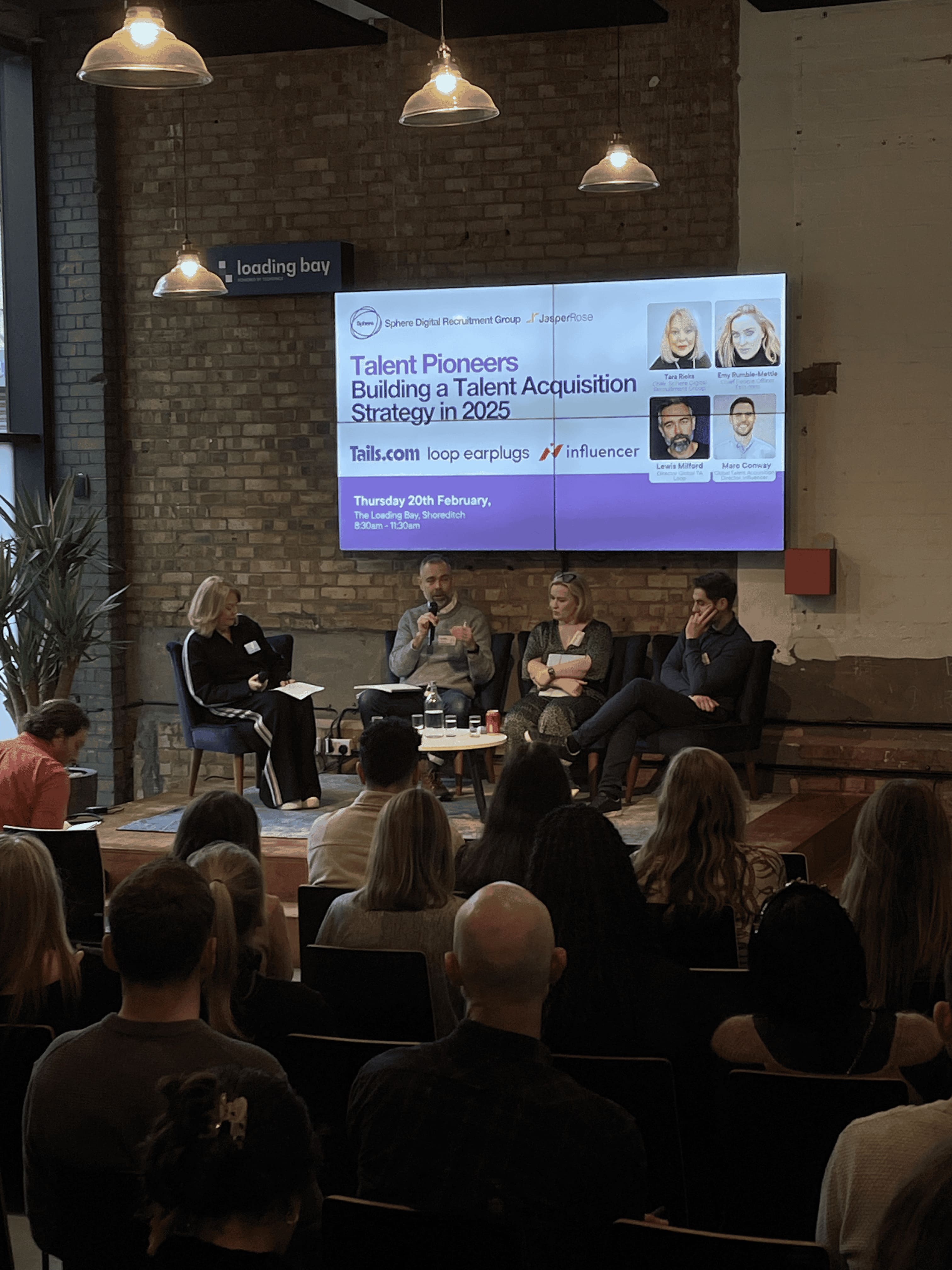
Taking the profit out of piracy
08 Jun, 20215 minsContent creation, distribution and consumption have grown rapidly in recent years, and as a ...

Content creation, distribution and consumption have grown rapidly in recent years, and as a society, we’re consuming more digital content and spending more time online than we ever have before.
For many, they access this content by paying for or subscribing to it, but for those who don’t want to part ways with their money through the proper channels, it’s never been easier to get around the obstacle of actually paying for it...
The internet and App stores are awash with pirate websites allowing access to games, software, music, TV, movies and so on and they’re easy to find if you’re willing to spend the time finding them.
If you are, you won’t be searching for long. There are some 2 million+ potentially IP-infringing domains and more than 77,000 IP-infringing apps. These numbers are growing by the day.
That’s according to real-time piracy intelligence from White Bullet, whose CEO and Founder was the guest on this week’s episode of the Life in Digital Podcast.
In this episode, Ed hears from Peter about the work White Bullet are doing to demonetize piracy through detecting and scoring pirate websites and apps in order to block the advertising that funds them.
To listen to the full conversation between Ed and Peter, click here, or read on for some of the key insights from the discussion...
The need for a better removal process
It’s no longer enough for authorities and regulators to go after websites and simply ask them to take down the content. As soon as you do, another one pop up and this cycle seems never-ending.
‘It’s really a game of whack-a-mole’ Peter notes, ‘so what we chose to do, which has been really powerful, was to say let’s just take the money away.’ The only way these platforms are able to support the content they offer is through digital advertising, so by turning the ad revenue, it’s a more effective solution to the problem.
Likewise, getting different industries, from film, tv, sport, gaming, etc. together to agree on a best practice approach is a mammoth task. It’s a task that White Bullet takes on as they continually monitor a complex and dynamic digital ecosystem.
Media spend diverted to ad-funded piracy
What’s the scale of the problem when it comes to the bidding process and the amount of media ad spend that goes into funding piracy?
‘It’s a lot more than people think’ say Peter, ‘we’ve been looking at some studies in ad exchanges and we’re seeing something close to 6 to 8 percent of bid requests coming from pirate sites.’
And this equates to a huge amount of revenue coming from adverts. Peter and the team calculate that over £1 billion worth of digital ad money annually that’s going to pirate websites and apps.
Currently, around 80% of pirate sites are using programmatic advertising too, which poses a problem as that tech can be easily manipulated by the site operators. With White Bullet’s tech, across any of the buying and data management platforms, websites that pose a risk get flagged which places a stop on any adverts going there.
How are brands reacting to piracy?
‘Many of them are waking up to the idea that actually safety is a bit more granular. They’ve got the issue of brand suitability.’
Advertisers are now taking into consideration sites that they might deem to be “brand safe” but is it the best place to advertise the product or business? This has led to an interesting trend with brands wanting to now know if they are placed on pirate sites so as not to support criminal activity and of course, protect their brand.
Contrastingly, however, while many brands and CMOs may be aware of where their ads are placed, the response varies.
For many of the larger brands, it could be down to the size and scale of the data making it an impossible task to truly understand exactly where their adverts are placed and the impact that’s having on funding piracy. As Peter points out, ‘if you’re looking at billions of ad impressions and views annually for these campaigns, nobody’s going to be auditing all of that.
As a result, a lot of this data and information fall through the cracks and some brands have a degree of ‘error’ built into their campaigns and deliverables. While some brands will allow for this, over time and if you don’t have a strong enough brand, it can be really harmful for them.
It’s therefore a collective effort for brands, publishers, agencies and all those involved in digital advertising to work together, utilize the technologies and tools available (such as White Bullet) and work together to take the profit out of piracy.
We’ve only just touched on some of the content of that came out of Peter and Ed’s discussion on our latest episode of the Life in Digital Podcast. To listen to the episode in full, click the play button in the link below.
For more information on White Bullet and the work they do to detect the websites and apps actively engaged in IP crime and block the advertising that funds them, make sure you visit their website: https://www.white-bullet.com/





